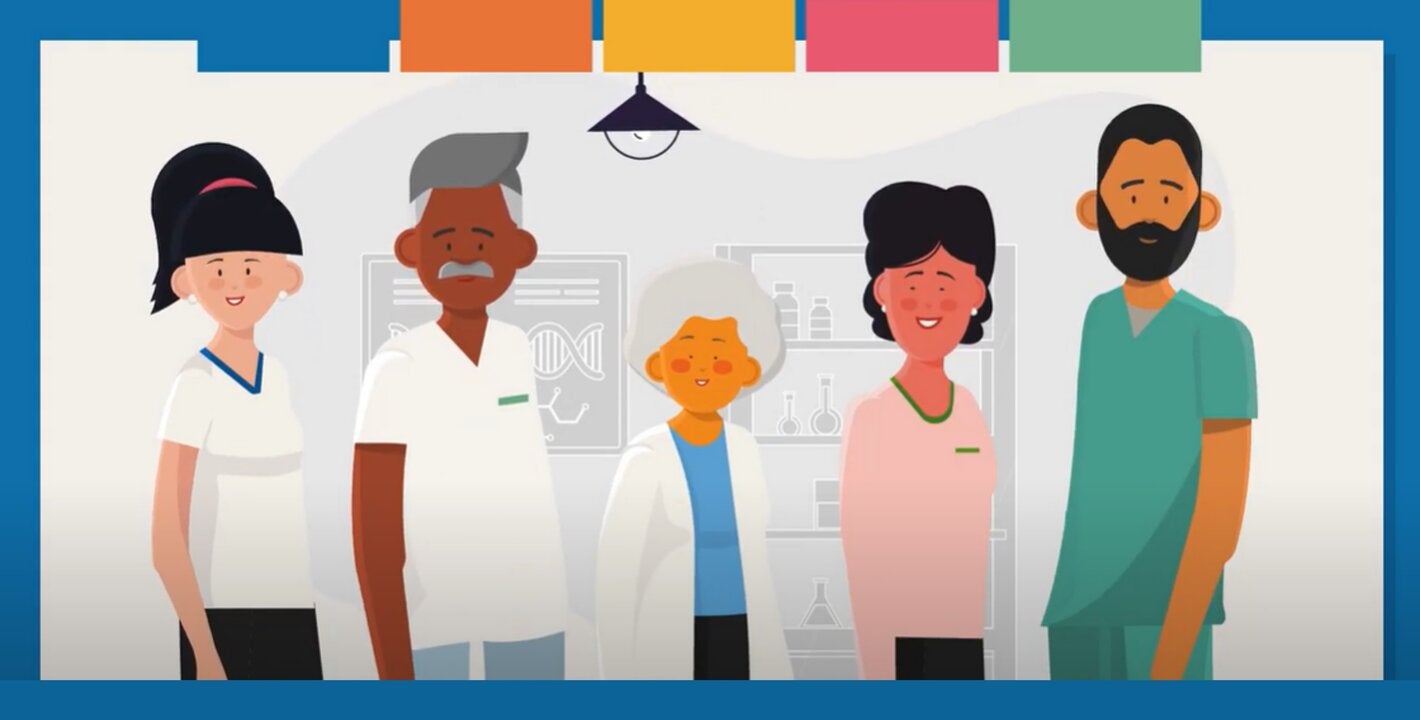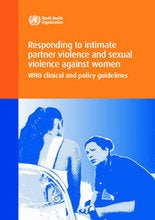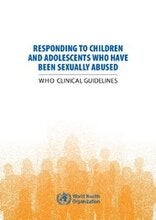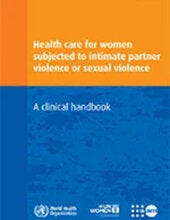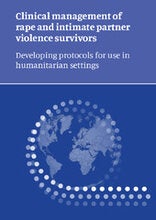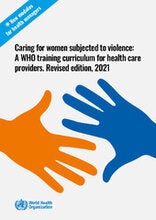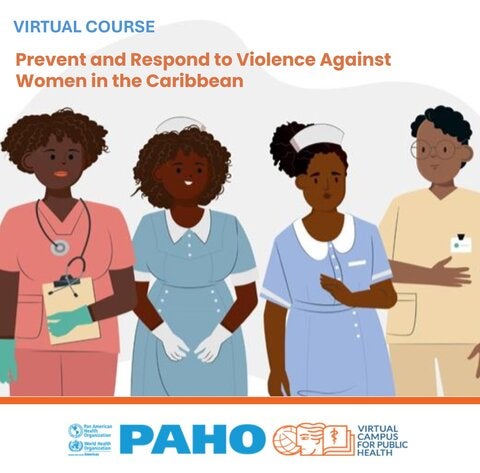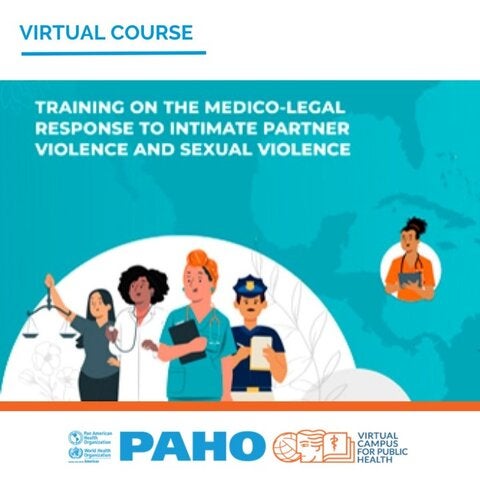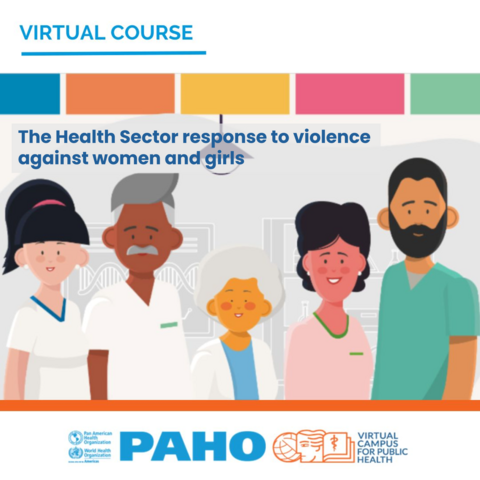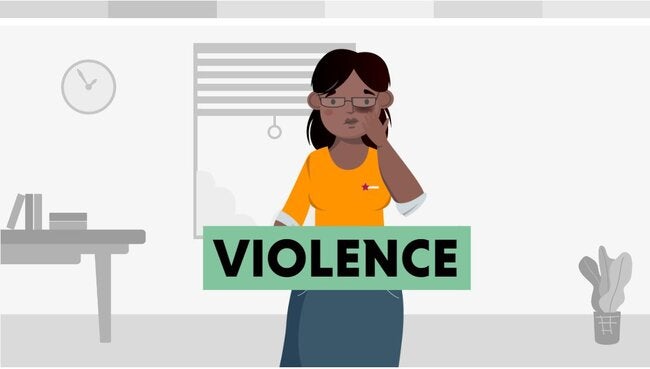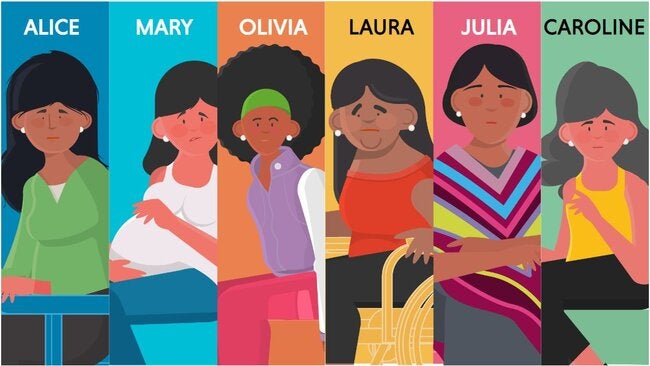The health system has a vital role to play in responding to and preventing violence against women, and very often, health personnel are the frontline of the response. When health workers can identify at-risk groups early, provide them with quality care, and tailor support to their specific needs and preferences, they make a big difference in the health and well-being of women and girls in all their diversity. Therefore, it is critical that health personnel are trained in what it means to provide a quality response, including frontline support (LIVES).
That is why PAHO has developed a series of resources to strengthen the capacity of healthcare personnel to identify violence and frontline support. These resources respond directly to the needs of the countries of the Americas and are aligned with the priorities of the Strategy and Plan of Action on Strengthening the Health System to Address Violence against Women 2015-2025.
PAHO gratefully acknowledges the financial support from Canada.
RESOURCES
Prevent and Respond to Violence Against Women in the Caribbean
Training on the Medico-Legal Response to Intimate Partner Violence and Sexual Violence
The Health Sector response to violence against women and girls
Virtual Course on Clinical Management of Sexual Violence and Intimate Partner Violence
LIVES: New video series to strengthen health system responses to violence against women
Identification of survivors of partner violence and sexual violence - LIVES Series
1.- Listen
2.- Validate
3.-Inquire about her needs and concerns
4.- Enhance Safety
5.- Support
Groups in situations of vulnerability
Exercises: Test your knowledge of first-line support!
See below three exercises to address the following aspects: Referral network, Identification and LIVES, and Decision making.
By clicking on each button a new tab will open in which you can access the interactive tool. Please feel free to use these tools in your own trainings.
Warm referral is a critical step in supporting survivors of violence.
Click on the interactive video to learn more about help-seeking and referral to essential support services from the perspective of the survivor.
Would you like to test your understanding of how to identify survivors of violence and provide them with first-line support?
Click on the interactive video to experiment with some case examples related to identification and first-line support
Health workers can make an important difference to survivors if they understand and respond to the woman’s concerns and needs. When training health workers, it is often useful to imagine walking in the shoes of the survivor.
Click on the above interactive video to learn more about and experience the survivor’s perspective. This online tool was inspired by the training exercise “In her shoes” by Raising Voices.
Violence against women and girls is related to deeply rooted social and gender norms and attitudes. To prevent violence, it is important to be aware of and modify those norms, in particular, gender stereotypes that can perpetuate inequalities and justify the use of violence.
We must work together to promote a life free of harmful stereotypes and free of violence.
These stereotypes can legitimize the use of violence
Did you know that to prevent violence we need to challenge gender stereotypes?
Did you know that to prevent violence we need to challenge gender stereotypes?

